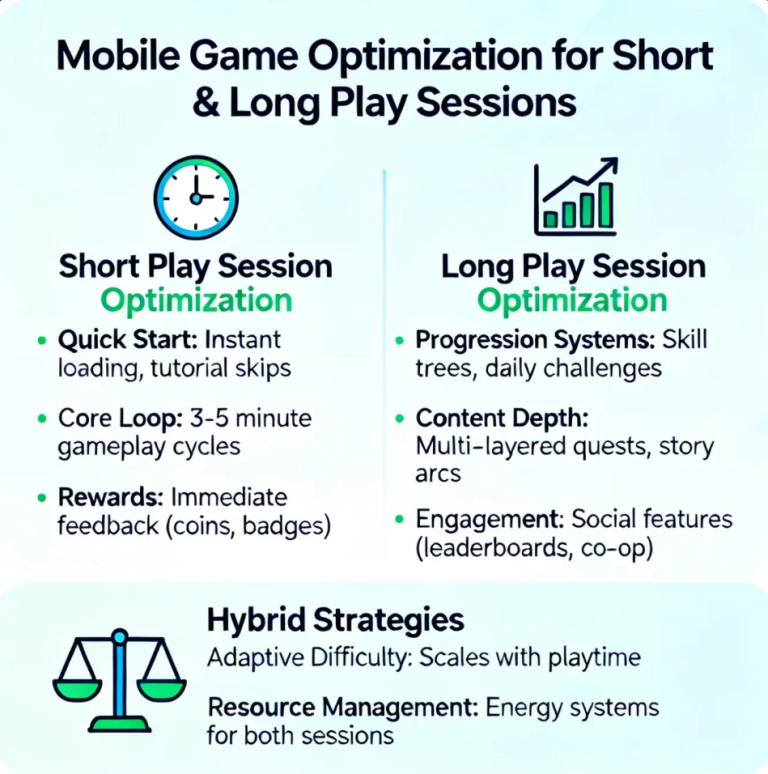
In 2025, launching a website isn’t just about having great content—it’s about choosing the right web hosting provider. A reliable host ensures your website loads quickly, stays secure, and scales with your growth. For beginners, navigating hosting options can feel overwhelming, with choices ranging from shared hosting to cloud solutions.
This complete buyer’s guide will help you understand the different types of hosting, key features to look for, and how to select the best provider for your website needs.
🏷 Types of Web Hosting
1. Shared Hosting
- Overview: Multiple websites share resources on the same server.
- Pros: Affordable and beginner-friendly.
- Cons: Limited performance during traffic spikes.
2. VPS Hosting (Virtual Private Server)
- Overview: A virtualized server with dedicated resources within a shared environment.
- Pros: Better performance, scalability, and control.
- Cons: More expensive than shared hosting; requires some technical knowledge.
3. Dedicated Hosting
- Overview: Your website has an entire server to itself.
- Pros: Maximum performance, customization, and security.
- Cons: High cost; requires technical expertise to manage.
4. Cloud Hosting
- Overview: Hosting on a network of servers, ensuring redundancy and scalability.
- Pros: Highly reliable, scalable, and ideal for growing websites.
- Cons: Costs can vary based on usage.
5. Managed WordPress Hosting
- Overview: Hosting optimized specifically for WordPress websites.
- Pros: Automatic updates, security, and performance optimizations.
- Cons: Less flexibility for non-WordPress sites.
🔑 Key Features to Consider in 2025
- Performance and Speed
- Look for high uptime guarantees (99.9% or higher) and fast server response times.
- Content Delivery Network (CDN) integration ensures global speed optimization.
- Security Measures
- SSL certificates, DDoS protection, and malware scanning are essential.
- Backups and disaster recovery options safeguard your data.
- Scalability
- Choose a host that allows easy upgrades as your website traffic grows.
- Customer Support
- 24/7 support via live chat, phone, or email is crucial, especially for beginners.
- Pricing and Value
- Consider the total cost (renewal fees, add-ons) rather than just the initial price.
- User-Friendly Control Panels
- Platforms like cPanel or Plesk simplify website and server management for beginners.
🛠 Steps to Choosing the Right Web Hosting Provider
- Assess Your Website Needs: Consider traffic, functionality, and technical requirements.
- Compare Hosting Types: Match your needs with shared, VPS, cloud, or managed solutions.
- Check Reviews and Reputation: Look for real user feedback and independent reviews.
- Test Support and Service: Reach out to customer support with questions to gauge responsiveness.
- Evaluate Uptime Guarantees: Reliability is crucial—choose providers with proven track records.
- Plan for Growth: Ensure your provider allows easy scaling of resources.
🌐 Bonus Tips for Beginners
- Use trial periods or money-back guarantees to test performance and support.
- Consider eco-friendly hosting providers if sustainability is important to you.
- Keep track of renewal pricing, which can differ from initial signup rates.
- Opt for providers that include one-click app installations for platforms like WordPress, Shopify, or Joomla.
Conclusion
Selecting the right web hosting provider in 2025 is more than just picking the cheapest option. It requires considering performance, security, scalability, and support to ensure your website thrives. For beginners, starting with a reliable, user-friendly host sets the foundation for success, while allowing room to grow as your online presence expands.
With the right hosting provider, your website can achieve fast load times, high uptime, and secure operations, ensuring both you and your visitors have a seamless experience.



